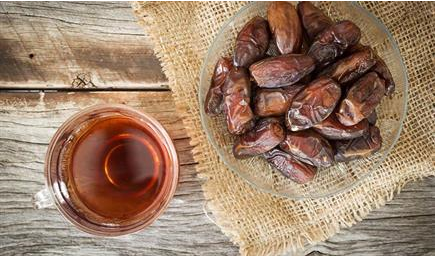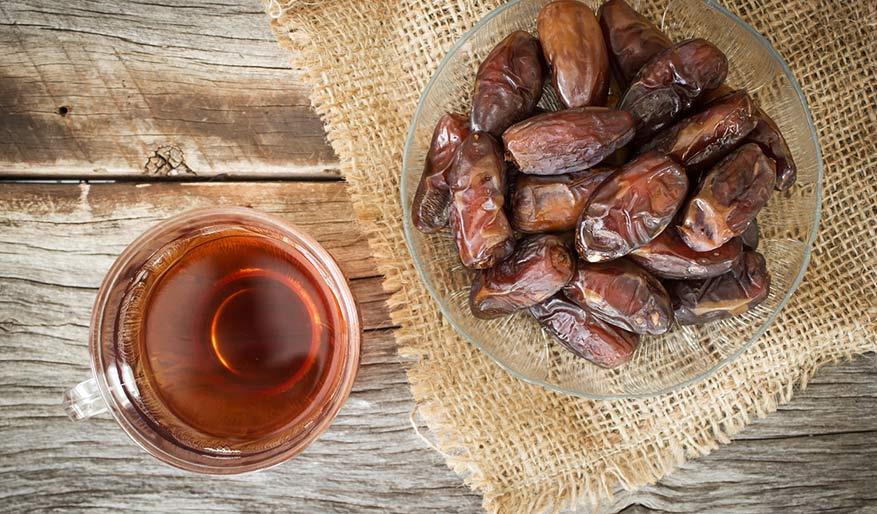Our Doctors
Meet all the doctors from Cleveland Clinic Abu Dhabi.
View Doctors
Important tips for people with diabetes in the Holy Month

Every year, during the Holy Month of Ramadan, an estimated 50 million people with diabetes practice daily fasting. Here’s some vital facts and tips to ensure that you observe the Holy Month in full measure, without affecting your health.
Fasting begins to affect the body typically eight hours after your last meal. Your body starts to use stored up energy through glucose and fat. If you’re on insulin medication for diabetes, then even more glucose is utilized than normal, putting you at risk of hypoglycemia (low blood sugar level).
On the other hand, you may also experience hyperglycemia (high blood sugar level) when your body resorts to producing glucose from the liver itself.
If you are diabetic and planning to fast during Ramadan, it is important that you visit your doctor to plan your month beforehand. Your doctor will revise your insulin dosage and times based on your fasting schedule.
As your meal times change, so should your insulin dosage. Often, doctors advise to take the dosage before breaking your fast, especially when you eat your main meal at Iftar. If you are going to break your fast with dates and laban or water, and go to pray before eating your main meal, you may need to postpone taking your insulin dosage until then.
While Suhoor and Iftar are the primary meals during Ramadan, it is best to have at least three meals in day, rather than two heavy meals. Cleveland Clinic Abu Dhabi nutritionist Azza Aljnebi, advises, “Try to have your Suhoor meal as late as possible and not earlier. This will help prevent hypoglycemia and give you energy to sustain you throughout your day.”
During Ramadan or otherwise, knowing what food gives you carbohydrates and converts to sugar is it the most important tool in managing diabetes. This helps you balance your diet and plan your meals wisely using the following five food groups:
It's also important to keep hydrated, aim for at least 2-3 liters of water throughout non-fasting hours.
Try to reduce the following:
Aim to curbthe amount of sweets you eat, and to only have small portions 2-3 hours after Iftar, and preferably not every day.
Exercise is another good way to keep your glucose levels in check. During Ramadan, it is best to do light or moderate exercise for at least 30 minutes between Iftar and Suhoor times only. Ensure that you are always hydrated too. What’s more, even performing your Taraweeh prayers can be included as part of your exercise regime.

This Ramadan, we are here for you day and night. Throughout Holy Month, we will extend outpatient clinic hours, offering you the best care, when you need it.
Learn More